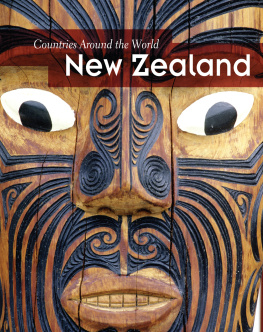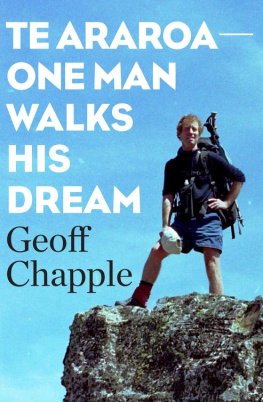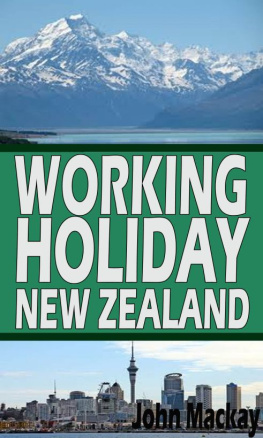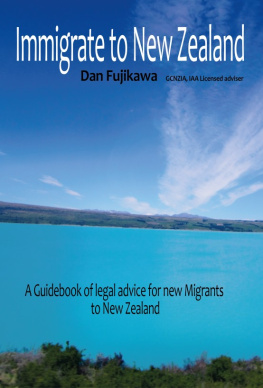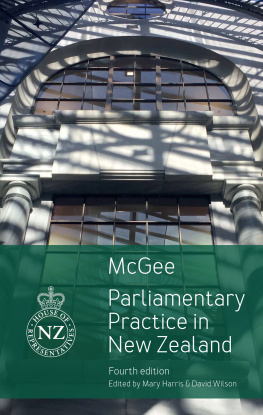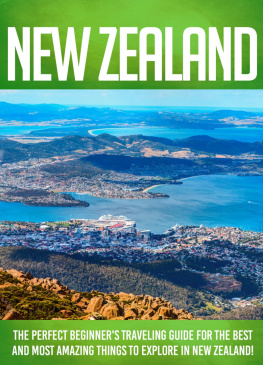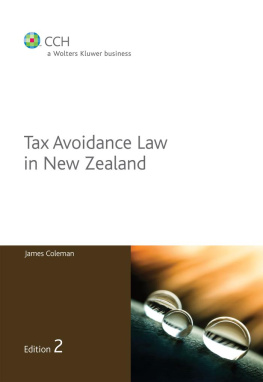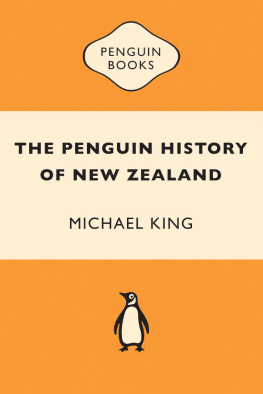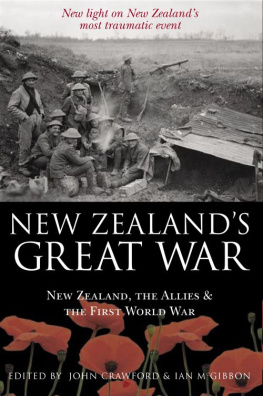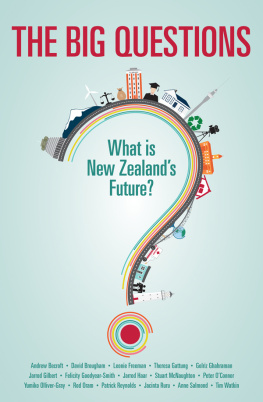Stevens book adds an excellent and wide-ranging contribution to the increasingly critical debate on the future path for our country.
Chris Liddell, CFO, Microsoft
The survival of Maori as a people, Te kakano i ruia mai i Rangiatea has grown from a legacy we inherited from the entrepreneurial spirit and enduring strength of our ancestors. In this book, Steven Carden reflects how Aotearoa in 2007 brings together that base of Maori innovation along with the skills and talents of other New Zealanders, to create an emerging and distinctive sense of nationhood. It is well worth a read!
Tariana Turia, MP, Co-leader of the Maori Party
Steven Cardens is a fresh, invigorating and thoughtful perspective. I commend it.
Dr John Hood, Vice-Chancellor, Oxford University
This book is a gutsy and inspiring pronouncement of the challenges facing New Zealand as we engage in a rapidly changing world. Steven invokes science, philosophy and history to tell a story of how great we can be if we are courageous enough to use our nations size, creativity and flexibility to maximum advantage. A welcome contribution to the national conversation; honestly appraising an unpredictable future and offering optimism about our potential place in it.
John Key, MP, Leader of the National Party
Steven Carden has done us a great service by providing an illuminating guide to the ideas and trends that will shape the world in which New Zealand will operate in over the coming decades and how New Zealand ought to think about responding.
Dr David Skilling, Chief Executive, The New Zealand Institute
What Steven has written is a penetrating analysis of who we are and where New Zealand can go if we have courage and determination. This is a book worth reading.
Sir Paul Reeves, former Governor General
Steven Cardens New Zealand Unleashed integrates new insights from technology, psychology, biology and history into an important challenge for New Zealand: absorb ideas, innovate and master change. It is refreshing, provocative and should stimulate much needed debate. In todays rapidly changing world, this is a challenge we must rise to meet. As an emerging New Zealand thinker, Steven Carden has helped us to do just that.
Hon. David Cunliffe, MP, Minister of Immigration
Through an insightful weaving together of historical examples with modern scientific theories, New Zealand Unleashed provides a thought-provoking look at New Zealands past and, most importantly, our future. Carden challenges all New Zealanders at home and abroad to reflect on the global issues facing our nation and to take action in shaping our future society.
Dr Karen Willcox, Associate Professor of Aeronautics and Astronautics, MIT
To Kristin
Contents
The purpose of this book is to contribute to the debate about New Zealands future, and the best way to get us there. It is written from a perspective that I hope people find both new and thought-provoking. My hope is to sketch out some ideas, and to present those ideas as being plausible enough to encourage others to engage with them further.
The genesis of this book the initial research and writing began when I was living overseas. It was completed after I returned to New Zealand. The book, therefore, encompasses both perspectives: that of an outsider as well as that of someone living and breathing the daily life of the nation. Being outside New Zealand helps you see the country in a broader context, as with anything viewed from a distance. But living here provides a feel for the vibe of the country, and a reality-check on what will and will not work.
A 300-page book on New Zealand necessarily represents a mile-high view of this country. Such perspectives on our country are rare but, I think, important. Inevitably, however, an elevated vantage point means glossing over some of the intimate detail. Ive indicated sources in the endnotes for those interested in digging deeper into the nuances of the ideas and concepts considered.
Finally, while information and insights are gleaned from around the world, this is a book about New Zealand, for a New Zealand audience. Ive used local data and research wherever possible, but these have not always been available. So youll see references to various overseas statistics and studies, particularly American. They may not provide a perfect proxy, but Ive used them where I think theyre indicative of, or relevant to, the New Zealand context.
The jury is out on this book. When the verdict is returned, Ill happily credit those mentioned below with its successes and accept full responsibility for any failings and errors.
Firstly, Campbell Murray, a partner in this project from the outset, has been a valuable contributor to the book. His insights, ideas, and research have played an important part in the books final form.
My employer, McKinsey & Company, was gracious enough to provide a leave of absence to allow me to work on the book full-time. Needless to say, any opinions expressed in the book are my own, and not those of my employer.
Rachael Germann and Paul Ryan were the backbone of the research effort, spending more time in libraries than any undergraduate ever should.
My thanks to the Sir Peter Blake Trust for its belief in, and financial support of, this project.
A number of very busy people were prepared to read and comment on the book during the writing phase. Hazel Petrie, Amokura Kawharu, Gary Bartlett, Patrick Snedden, Derek Aframe, and Malcolm Paterson all gave highly insightful comments on selected chapters. Dr Andrew Leigh, Georges Baron van Tuyll van Serooskerken, David Madden, Dr David Skilling, Ian Narev, Professor Alan Davidson, Sarah OBrien, MacGregor Duncan and Clinton Lawgun all provided very helpful comments on the entire manuscript as it was approaching completion. Peter Tynan reviewed in detail various drafts of the manuscript and made substantial suggestions.
My brother, Dr Craig Carden, had the unenviable task of reading the first full draft of the book. Thats a task you give to someone you both respect and trust. His diplomatic, constructive suggestions came at a pivotal time.
Random House took a gamble on an unknown, first-time author when it agreed to publish this book. Jenny Hellen has managed the process from start to finish with great patience and experience. Her guidance throughout has been invaluable. My editor, John MacKinven, worked hard to smooth out the prose. My thanks also to Nic McCloy and Sarah Thornton and the rest of the team at Random House.
I might have completed the project in half the time were it not for my young son Lucas, who came up with far better uses for my time than writing.
Finally, its no exaggeration to say that this book would never have been completed were it not for the help and support of my wife, Kristin. She was unfailingly encouraging and carried the burden of everything but the book itself for the countless days I locked myself away to write. On top of that, her astute insights and merciless red editing pen helped shape my writing in numerous ways. This book is dedicated without reservation to her.
Don Juan: I, my friend, am as much a part of Nature as my own finger is a part of me. If my finger is the organ by which I grasp the sword and the mandoline, my brain is the organ by which Nature strives to understand itself
The Devil: What is the use of knowing?
Don Juan: Why, to be able to choose the line of greatest advantage instead of yielding in the direction of the least resistance. Does a ship sail to its destination no better than a log drifts nowhither? The philosopher is Natures pilot. And there you have our difference: to be in hell is to drift: to be in heaven is to steer.


